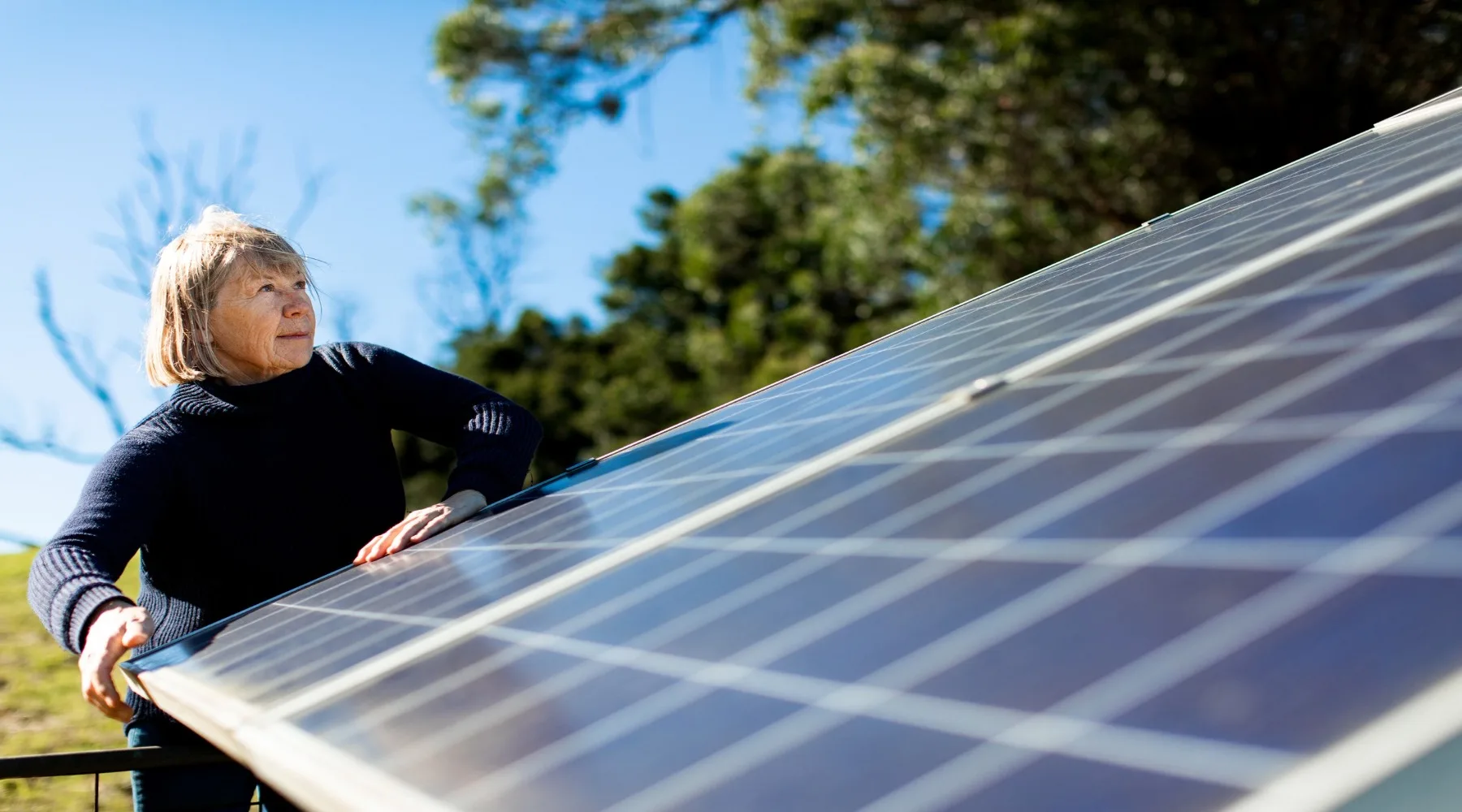Power move: Soaring energy bills push 3 million Australians to consider solar

Rising energy prices have driven millions of Australians to consider installing solar panels, according to new research from Finder.
A nationally representative survey of 1,010 respondents found 15% of Australians – equivalent to 3 million people – are contemplating installing solar panels in light of the recent increase in energy prices.
The research found 1 in 3 (31%) are unable to install solar panels as they don't own their own home.
A further 1 in 10 (11%) think solar panels are too expensive, while 6% were already considering solar panels.
This comes amid speculation that energy bills are predicted to rise by 35% in 2023.
Since 1989, electricity prices have increased by 248%, and gas prices have increased by 326%. In comparison, the Consumer Price Index increased by 129% over the same period.
Mariam Gabaji, energy expert at Finder, said it has already been a massive year for energy consumers who are not only struggling with higher electricity and gas bills but also the cost of living in general.
"Households need their bills to be consistent so they can budget and manage their money properly – the volatility in energy prices means there are now families struggling to put food on the table.
"The average debt of customers on hardship programs is around 30–40% higher as at June 2022 compared to pre-pandemic levels."
Energy-bill stress is at its highest in November with 29% of Australians listing their energy bill as one of their most stressful expenses, up from 19% in March, according to Finder's Consumer Sentiment Tracker.
The average household spends $364 per quarter on electricity, equivalent to $1,456 per year.
Finder's Green Consumer Report found households could save an average of $732 per year by installing solar panels, and with energy prices rising, the potential savings will rise.
Gabaji said the upfront cost is a barrier to some households, but if you're thinking long-term, solar panels are financially smart.
"There are government schemes that can help with the cost, including subsidies and interest-free loans depending on where you live. In Victoria, you can receive a rebate of up to $1,400 for installing a solar system.
"If your solar system generates more energy than you consume, you can effectively sell this excess electricity back to the grid to earn a profit.
"There are also companies offering repayment plans to help you stagger the cost of your solar installation in case you're not eligible for a rebate or concession.
"Compare solar power plans to make sure you're getting the best deal," Gabaji said.
Men (18%) are more likely than women (12%) to be considering solar panels in light of energy bill hikes, and they are also more likely to already have solar panels installed (33% relative to 23%).
| Have rising energy prices made you consider installing solar panels? | |
|---|---|
| Yes, I'm considering solar panels to reduce my energy bill | 15% |
| I already have solar panels on my house/apartment | 28% |
| No, I was already considering installing solar panels | 6% |
| No, I can't install solar panels (e.g. because I don't own my home) | 31% |
| No, solar panels are too expensive | 11% |
| No, I'm not interested in installing solar panels | 9% |
| Source: Finder survey of 1,010 respondents, July 2022 |
Energy bills are set to rise by 35% in 2023. Here are some ways to save.
Ask a question
